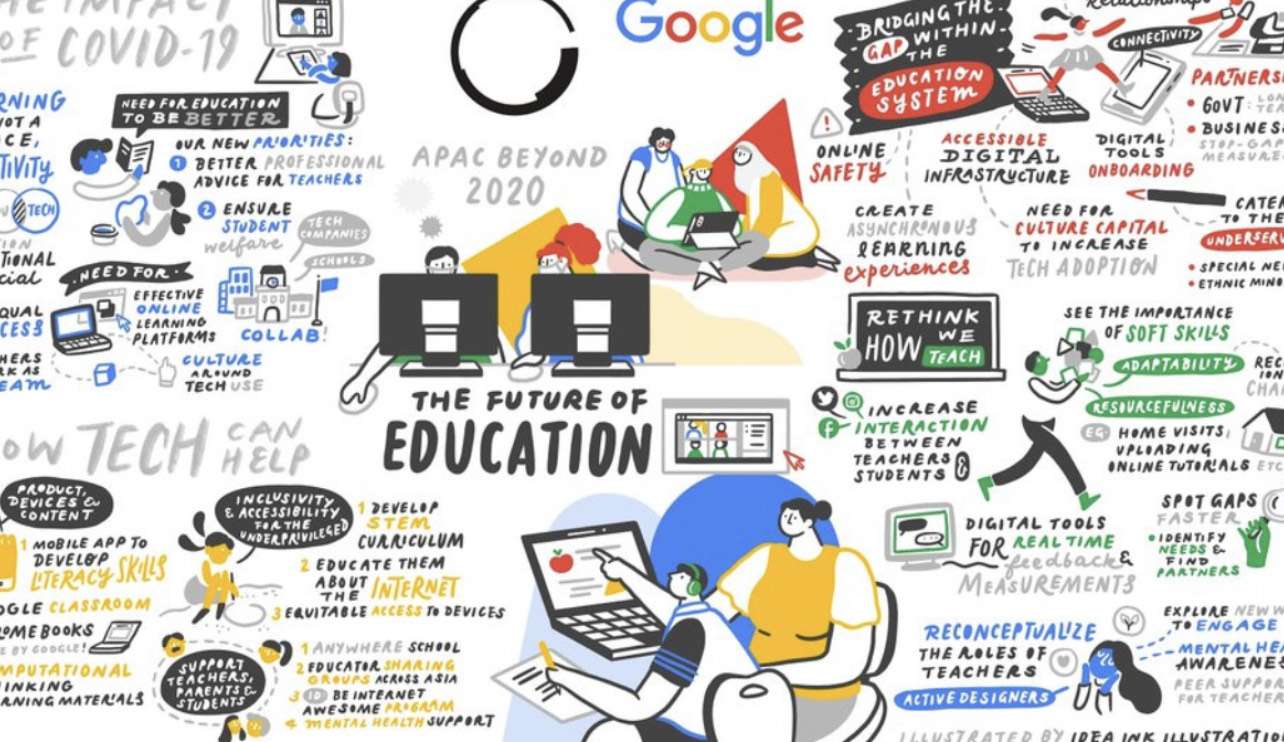- About SGSB
- Academic Degrees
- ERASMUS Degrees & Executive Certificates
- VAE DEGREES+
- Admissions
- Scholarships
- Scholarship Features | Types
- Academic Excellence Scholarships
- Research Scholarships
- Distance Learning Scholarships
- Tuition-Free Research Degree Scholarships
- International Exchange Scholarships
- International Research Cooperation Scholarships
- Alumni and Family Scholarships
- International Project Scholarships
- Academic Merit Scholarships
- Community Role-Model Scholarships
- Scholarships For Extracurriculars
- Need-Based Scholarships
- New Transfer Scholarships
- Selection Department
- Graduation Level Awards
- Scholarship Features | Types
- Degree Guides
- Partnerships
- Accreditations & Partnerships
- Europe
- FRANCE : ISTEC UNIVERSITY
- FRANCE : UTT UNIVERSITY
- FRANCE : MBS – MÉDICIS BUSINESS SCHOOL
- FRANCE : UPEC UNIVERSITY
- FRANCE : GGI – GROUPE GLOBAL INSTITUTION
- UK : UON – THE UNIVERSITY OF NORTHAMPTON
- UK : ARU – ANGLIA RUSKIN UNIVERSITY
- SWITZERLAND : GEP – GLOBAL EDUCATION PARTNER
- SWITZERLAND : ERASMUS EDU FOUNDATION
- America
- USA : SDSU – San Diego State University
- USA : FIU – Florida International University
- USA : UC Berkeley – The University of California at Berkeley
- USA : UC Irvine – The University of California at Irvine
- USA : UC Davis – The University of California at Davis
- USA : UCLA – The University of California at Los Angeles
- Canada : McGill – McGill University at Montreal
- Asia
- Australia
- Academic Positions – Faculty Positions
- Extracurriculars
- Kim’s Album Gallery
- Asia Study Tour
- France Culture Tour
- Dubai & Abu D’habi (UAE) Study Tour
- Swiss Riviera Tour
- Swiss Grand Alpine Tour
- Swiss Ski-Trip
- UNESCO World Heritage Tour
- Swiss Technical Visits
- Seminars











